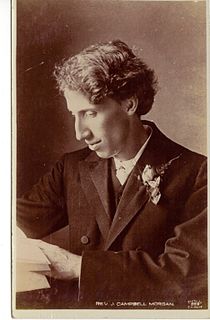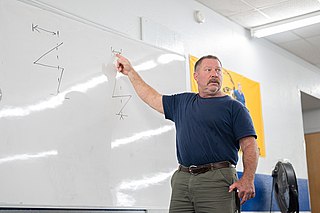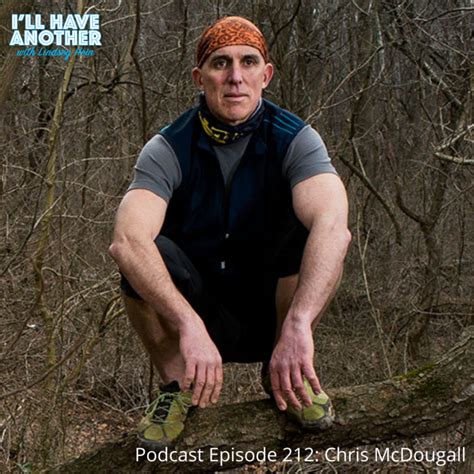A Quote by Ellen G. White
God designed that the living machinery should be in daily activity. For in this activity or motion is its preserving power.... The more we exercise, the better will be the circulation of the blood.
Related Quotes
Waiting for God means power to do nothing save under command. This is not lack of power to do anything. Waiting for God needs strength rather than weakness. It is power to do nothing. It is the strength that holds strength in check. It is the strength that prevents the blundering activity which is entirely false and will make true activity impossible when the definite command comes.
The most common objection that I hear to walking as exercise is that it's too easy, that only sweaty, strenuous activity offers real benefits. But there is abundant evidence that regular, brisk walking is associated with better health, including lower blood pressure, better moods and improved cholesterol ratios.
There are estimates that we daily walked for 10 - 20 kilometers for hundreds of thousands of years. The world's best problem solving machinery grew up under conditions of consistent, strenuous physical activity. It makes sense that when we don't recreate the environments in which the organ was forged, we get a loss of function. And that when we do restore those environments, we get that function back. The effects of aerobic exercise on executive function skills is a powerful empirical example of this idea.
There are two ways in which we may attain control over our activity. The first is confidence in the power of our own will; to know that if we have failed today, tomorrow we will not do so. The second is to have our eyes wide open, and to watch keenly our activity in all aspects of life. It is in the dark that we fall, but in the light we can see where we are going.






































